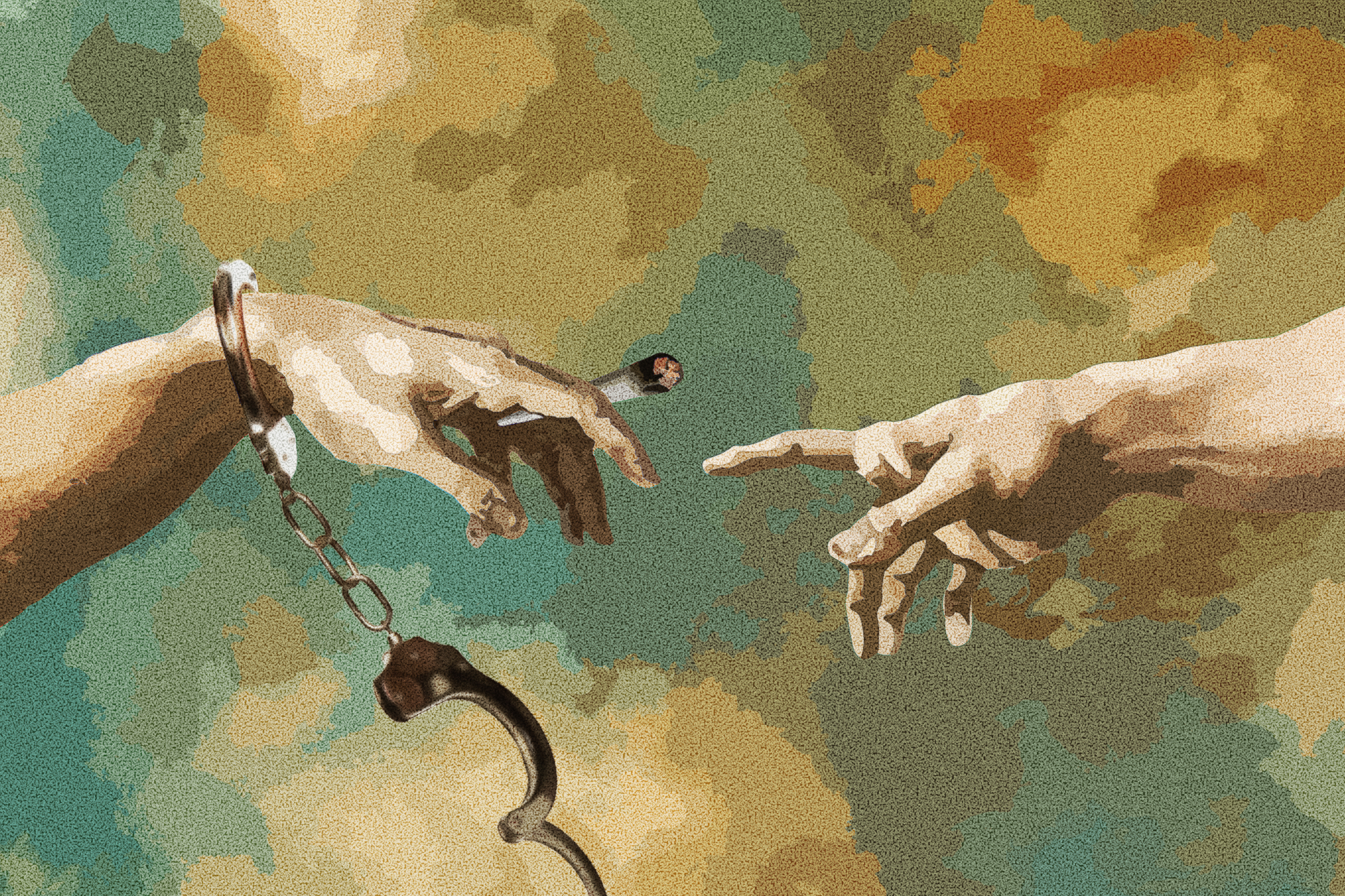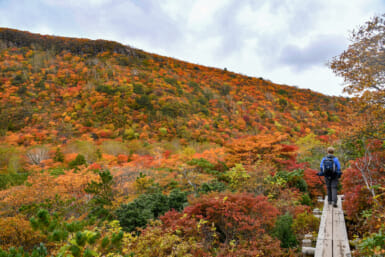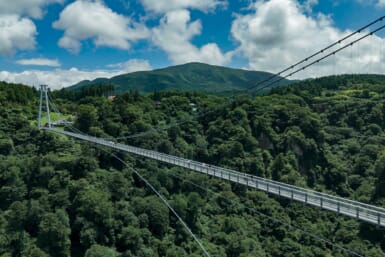I have a pretty staunch view on prohibition regimes: they don’t work. Or to put that in slightly more nuanced terms, their overall impact is net negative.
Look at how many young, Black American lives were ruined during President Nixon’s war on drugs when they were imprisoned for the victimless crime of cannabis possession. Or how Al Capone profited off the illegal booze trade to the tune of $100 million a year in the Prohibition era. How about the United Nations’ goal of making the world “drug free” by 2008? That consumed tax-payer money and drove the profits and control of illicit substances into the hands of cartels and organized crime syndicates.
Japan is not known for its liberal approach to drug use, either. But while it has no problem investing public funds in overseas cannabis companies, it exercises a zero-tolerance policy at home.
High-Profile Arrests
Reading reports on cannabis crimes in Japan is like stumbling into a bygone era. Actor Kento Nagayama was recently sentenced to six months in prison, suspended for three years, for possession of 1.694 grams of cannabis. Nagayama’s weed stock, enough for several joints if we’re being generous, looks like a hydroponic pot farm’s worth compared with the trace amounts that got Nihon University student and American footballer Noriyasu Kitabatake arrested in August.
When police searched his college dorm, they found 0.019 grams of cannabis — equal to the weight of a couple of healthy houseflies — in Kitabatake’s personal storage box. The university then indefinitely suspended the football team when more members were suspected of possessing the illegal plant.
The Asahi Shimbun opined that marijuana use was “running rampant among Japanese university athletes,” as though a few college kids exploring drugs was representative of a nationwide epidemic, rather than a result of the general inertia of student life.
Masayo Takahashi, superintendent of the Tokyo Metropolitan Police Department’s Drugs and Firearms Division, was equally quick to embrace the histrionics. He told NHK that “casual users can quickly turn into drug dealers.”
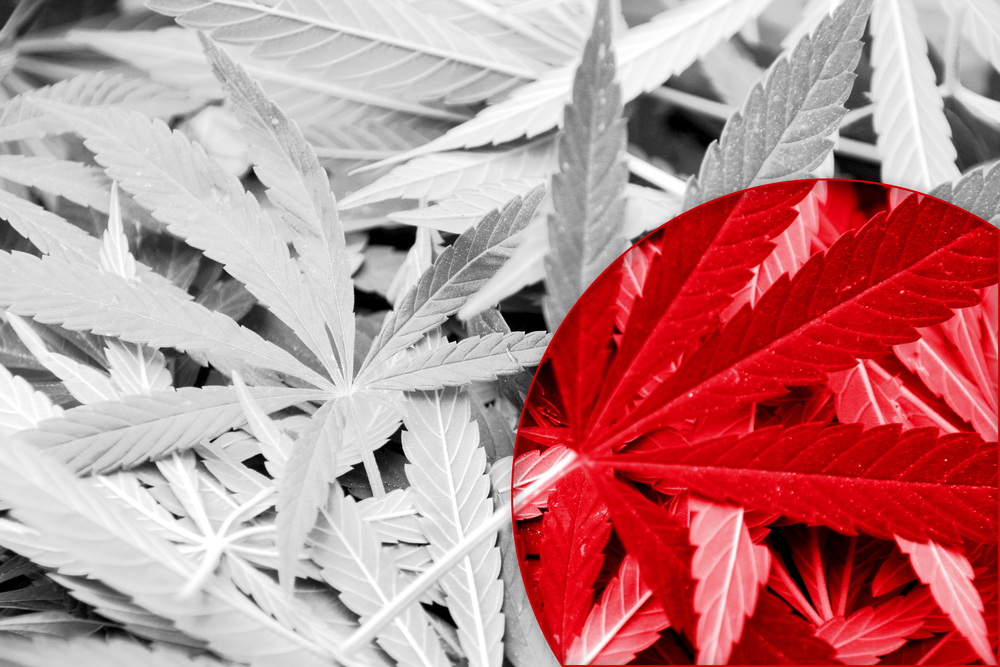
Broadening Our Horizons
You don’t need to be a cannabis user — I’m not, for what it’s worth — to find this completely absurd. This kind of random, sweeping generalization voiced by a man of Takahashi’s stature shows that not only is Japan’s view on cannabis ahistorical — it’s been cultivated and used for various purposes as far back as the Jomon era (14,000-300 BC) — but nobody in a position of power seems capable of engaging in the conversation with intellectual honesty.
To view cannabis, in no uncertain terms, as a dangerous, addictive substance corrupting the nation’s youth is both inaccurate and based on a false assumption: that people only start using it for the “wrong” reasons. Some might smoke weed to rebel, others might want to escape their troubles, but a hell of a lot of casual users just want to experience an altered state of mind every once in a while. At the end of the day, we only live this life once, so who can blame them?
I don’t really like political tags, but I guess I’m a libertarian on the drug issue: if people want to take drugs, I say let them. I don’t think any governing body should have control over an individual’s relationship with something so intimate as their consciousness. You may think I’m veering into hippy-dippy, voodoo lingo here, and that’s fine, but plants and the mind-altering substances contained within them have the power to broaden our horizons. They can induce introspection, force us to contemplate the nature of our reality and enable us to heal.
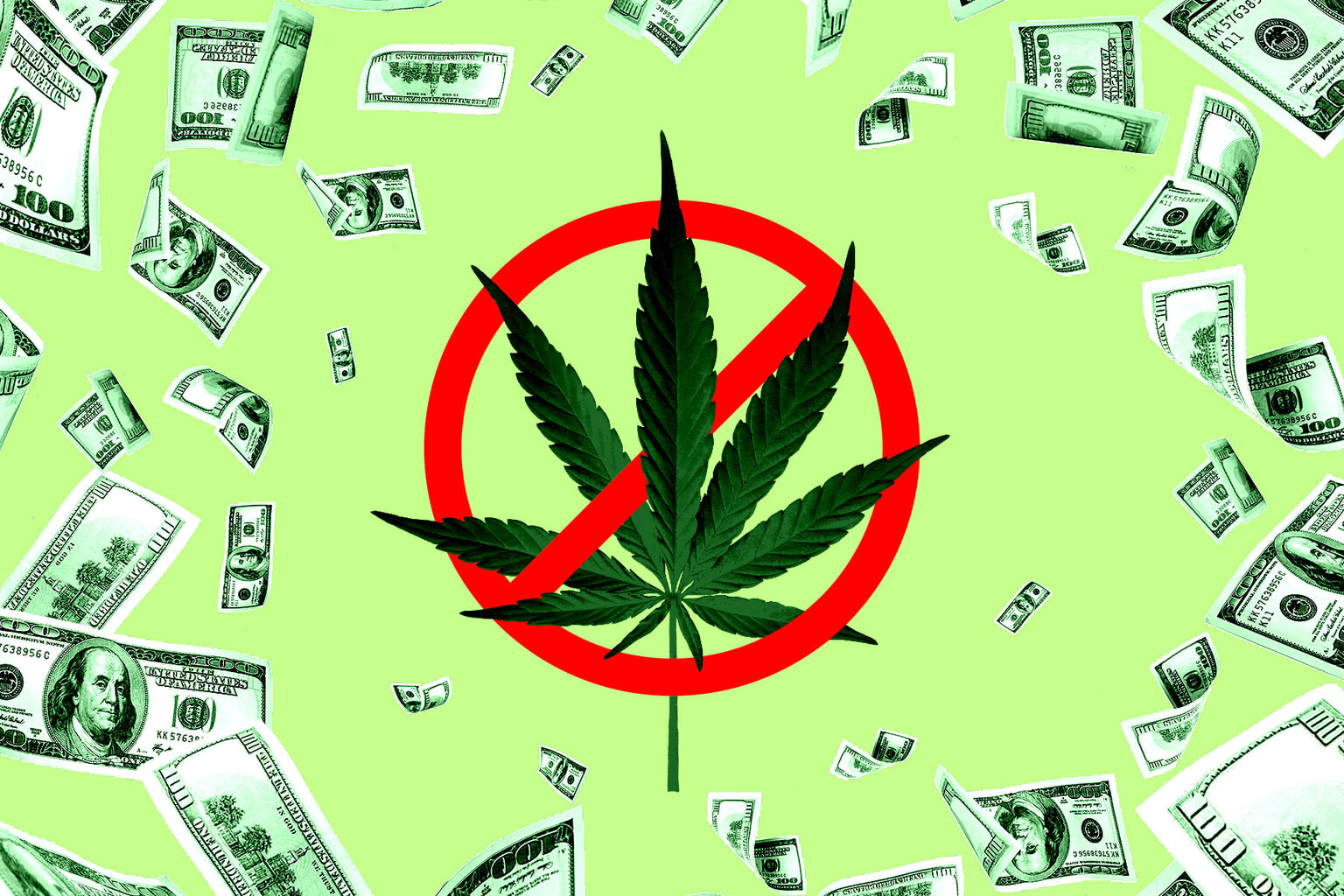
Image by Anna Petek
The Cannabis Control Act
It’s fair to say that Japan’s legislators wouldn’t agree. The Cannabis Control Act, enacted in 1948 during the U.S. Occupation, bans the import and export, cultivation, transfer and possession of cannabis plants and products. The punishments are severe: up to 10 years in prison and a fine of up to ¥3 million.
If this seems extreme for a drug that Japan’s G7 peers are moving to decriminalize, it’s only going to get worse. As soon as October, Japan is set for a bill amendment that will outlaw the one remaining gap in cannabis legislation: consumption. This was omitted from the initial act to protect farmers who cultivate the plant legally and could inhale some of it during harvest. The hypocrisy hasn’t gone unnoticed, as Japan considers legalizing medical products derived from cannabis, such as Epidiolex, an FDA-approved prescription CBD medicine.
It’s also worth noting that a punitive justice system doesn’t come cheap. Not only will the government not reap the rewards of cannabis sales, but the budget for penal institutions — typically more than ¥200 billion per year — could increase with every prison sentence. There’s always the danger of repeat offenders, too, as former inmates struggle to land jobs in or reacclimatize to the outside world.
If Japan’s Cannabis Control Act hasn’t acted as a deterrent yet, strengthening it won’t change that. Instead, black markets will continue to flourish, overinflated revenues will fall into the pockets of dealers and more people will be castigated with prison sentences and court proceedings that far outweigh the nature of their actions.
I’ll concede that drug laws can be a thorny issue. But though the world is full of cautionary tales, Japan has made its cannabis intentions clear: to extend the long arm of the law.
The views and opinions expressed in this article are those of the author and do not necessarily reflect the official policy or position of Tokyo Weekender.

